-
’내란 우두머리’ 윤석열 결심 공판…사형 또는 무기징역 구형 전망재생
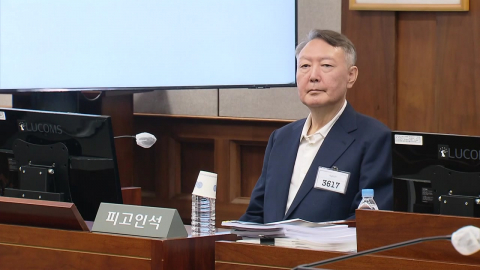
- 지귀연 "프로는 징징대지 않아" [앵커리포트]
- ’내란 수괴’ 윤석열 결심 공판 중…사형 또는 무기징역 구형 가능성
- 중형 선고 전직 대통령들, 모두 ’특별사면’으로 5년 안에 ’자유’ [앵커리포트]
-
이 대통령, 13~14일 방일…한일 셔틀외교 가속재생
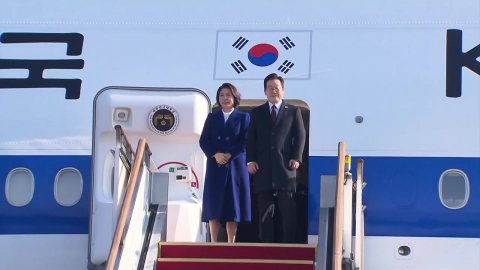
-
이재명 대통령이 오는 13일부터 1박 2일간 일본 나라현을 방문해 다카이치 사나에 일본 총리와 정상회담을 엽니다. 이 대통령이 한일 셔틀외교를 속도감 있게 이어가는 가운데 이번 정상회담을 과거사 문제 해결을 위한 인도적 협력의 계기로 삼을 것이라고 청와대가 밝혔습니다. 정치부 연결합니다. 이종수 기자! 13일 일본에서 한일 정상회담이 열리는데, 이 자리에서 과거사 문제가 논의된다고요? [기자] 청와대는 이 대통령이 13일 오후 일본 나라에 도착해 다카이치 총리와 정상회담과 확대회담을 잇달아 갖고, 공동 언론 발표와 만찬까지 이어지는 일정을 소화할 예정이라고 밝혔습니다. 이 대통령 취임 후 다섯 번째이자, 다카이치 총리가 취임한 이후로는 두 번째 한일 정상회담입니다. 이번 정상회담은 다카이치 총리 취임 후 양자 방문을 조기에 실현해 셔틀외교를 속도감 있게 이어가면서 두 나라 신뢰와 유대를 강화한다는 데 청와대는 의미를 뒀습니다. AI 등 미래 산업 분야에서 협력 확대와 함께 일본 야마구치현 소재 조세이 탄광서 1942년 2월 발생한 수몰사고로 조선인 136명 등 183명이 사망한 데 따른 유해발굴 등 과거사 협력도 기대된다고 위성락 국가안보실장이 밝혔습니다. 최근 중일 갈등 고조 속에 두 나라 정상이 중국의 대일 수출 통제 관련 논의가 나올 수도 있다고 위성락 실장은 말했습니다. 이 밖에도 일본, 캐나다, 호주, 베트남, 영국 등 아태지역 12개 나라가 결성한 환태평양경제동반자협정에 우리나라 가입 문제도 논의될 수 있을 전망입니다. 이 대통령은 14일에는 다카이치 총리와 문화유적지 호류지를 방문하는 등 친교행사를 갖고 동포간담회를 소화한 뒤 귀국할 예정입니다. 정치부에서 YTN 이종수 입니다. ※ ’당신의 제보가 뉴스가 됩니다’ [카카오톡] YTN 검색해 채널 추가 [전화] 02-398-8585 [메일] social@ytn.co.kr
실시간 이슈
에디터 추천뉴스
-
재생
![[현장영상+] 이 대통령 "고용절벽에 내몰린 청년들 현실은 국가적 위기"](https://image.ytn.co.kr/general/jpg/2026/0109/202601091403183726_h.jpg) [현장영상+] 이 대통령 "고용절벽에 내몰린 청년들 현실은 국가적 위기"
[현장영상+] 이 대통령 "고용절벽에 내몰린 청년들 현실은 국가적 위기" -
재생
![아들 ’위장 미혼’으로 로또 청약 당첨? [앵커리포트]](https://image.ytn.co.kr/general/jpg/2026/0109/202601091628227200_h.jpg) 아들 ’위장 미혼’으로 로또 청약 당첨? [앵커리포트]
아들 ’위장 미혼’으로 로또 청약 당첨? [앵커리포트] -
재생
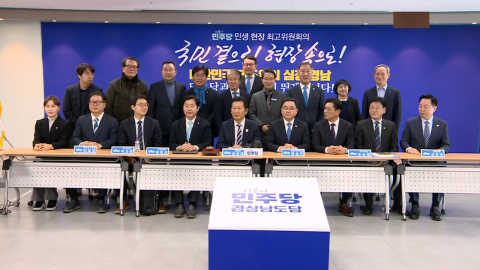 여야 민생 현장 방문 경쟁…한동훈 측, 당무감사위원장 고소
여야 민생 현장 방문 경쟁…한동훈 측, 당무감사위원장 고소 -
재생
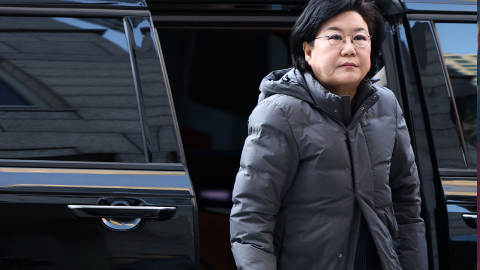 "너 똥오줌 못 가려?"…이혜훈 추가 폭언 공개
"너 똥오줌 못 가려?"…이혜훈 추가 폭언 공개 -
재생
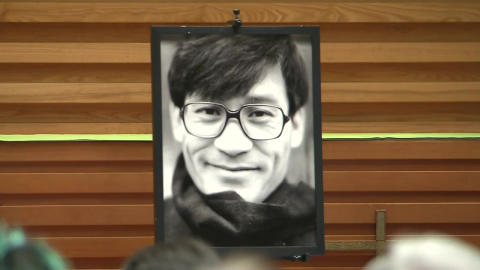 국민배우 안성기’ ’눈물의 영결식’…영원히 잠들다
국민배우 안성기’ ’눈물의 영결식’…영원히 잠들다 -
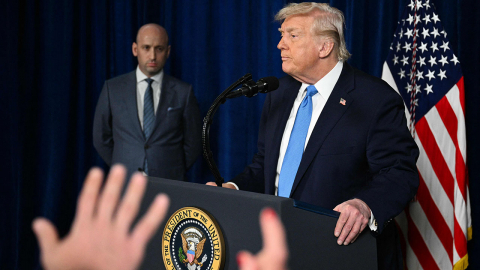 트럼프, 작년 韓구금사태에 "단속 마음에 안들어"
트럼프, 작년 韓구금사태에 "단속 마음에 안들어" -
재생
 ’상처 치료·틱톡 잇템’ K-뷰티, CES에서도 인기
’상처 치료·틱톡 잇템’ K-뷰티, CES에서도 인기 -
재생
 주말 전국에 눈, 강원 대설…휴일부터 다시 한파
주말 전국에 눈, 강원 대설…휴일부터 다시 한파 -
재생
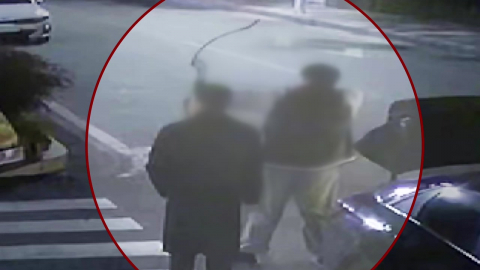 ’산책 중인 시민 향해 양궁 화살’ 20대 2명 입건
’산책 중인 시민 향해 양궁 화살’ 20대 2명 입건 -
재생
!["단순한 침체 아냐"…과거 한국 '외환위기' 떠오르는 중국? [이슈톺]](https://image.ytn.co.kr/general/jpg/2026/0109/202601090732408288_h.jpg) "단순한 침체 아냐"…과거 한국 '외환위기' 떠오르는 중국? [이슈톺]
"단순한 침체 아냐"…과거 한국 '외환위기' 떠오르는 중국? [이슈톺] -
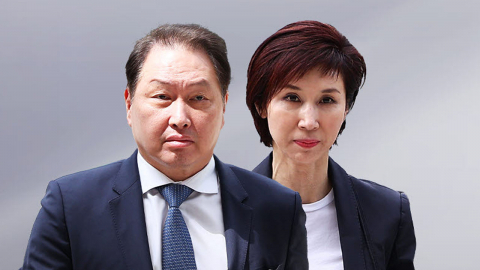 ’최태원-노소영 재산분할’ 파기환송심 오늘 첫 재판…노소영 출석
’최태원-노소영 재산분할’ 파기환송심 오늘 첫 재판…노소영 출석 -
재생
!["캄보디아 범죄단지 수장" 천즈 회장…체포 뒤 중국 송환 [앵커리포트]](https://image.ytn.co.kr/general/jpg/2026/0109/202601091456030776_h.jpg) "캄보디아 범죄단지 수장" 천즈 회장…체포 뒤 중국 송환 [앵커리포트]
"캄보디아 범죄단지 수장" 천즈 회장…체포 뒤 중국 송환 [앵커리포트]
많이 본 뉴스
- 1 [현장영상+] '내란 혐의' 윤석열 결심 공판...오전 재판 화면 공개
- 2 [날씨] 주말 전국에 눈, 강원 대설...휴일부터 다시 한파
- 3 트럼프, 작년 韓구금사태에 "단속 마음에 안들어"
- 4 "너 똥오줌 못 가려?"...이혜훈 추가 폭언 공개
- 5 특검, 오늘 윤석열 구형...선택지는 사형 또는 무기징역
- 6 부동산에 쏠린 돈 증시로...생산적 금융 ISA·정책펀드 이중혜택
- 7 영상 하나 올리고 홀연히 사라진 유튜버..."매년 2억원 수익 추정"
- 8 ’산책 여성 주변에 양궁 화살’ 20대 2명 출석 요구
- 9 "단순한 침체 아냐"...과거 한국 '외환위기' 떠오르는 중국? [이슈톺]
- 10 2025년 가장 기이한 기네스 세계기록 TOP 10
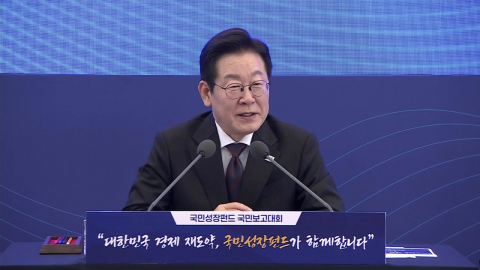



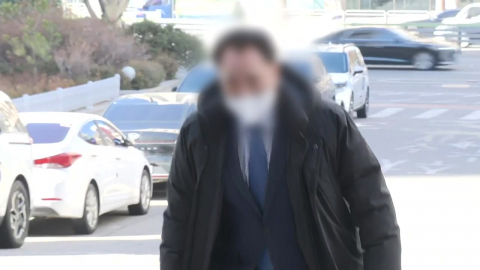
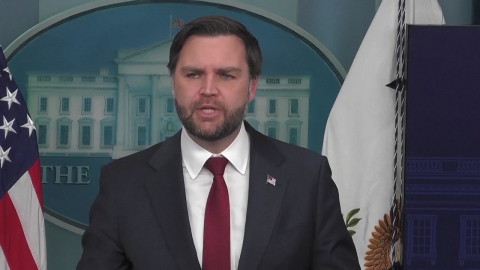
![[Y현장] "작품 속에 살아있을 이름"…'국민 배우' 안성기, 하늘의 별이 되다(종합)](https://image.ytn.co.kr/general/jpg/2026/0109/202601091042149519_h.jpg)
![[Y터뷰] '프로젝트 Y' 전종서 "한소희가 DM 보내 처음 알게 돼…답장했다"](https://image.ytn.co.kr/general/jpg/2026/0109/202601091441089698_h.jpg)
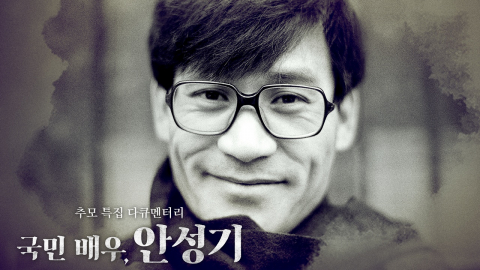

![[Y현장] 정우성, 고 안성기 추도사 "한국영화 온 마음으로 품은 선배님…영면하시길"](https://image.ytn.co.kr/general/jpg/2026/0109/202601091008157730_h.jpg)





